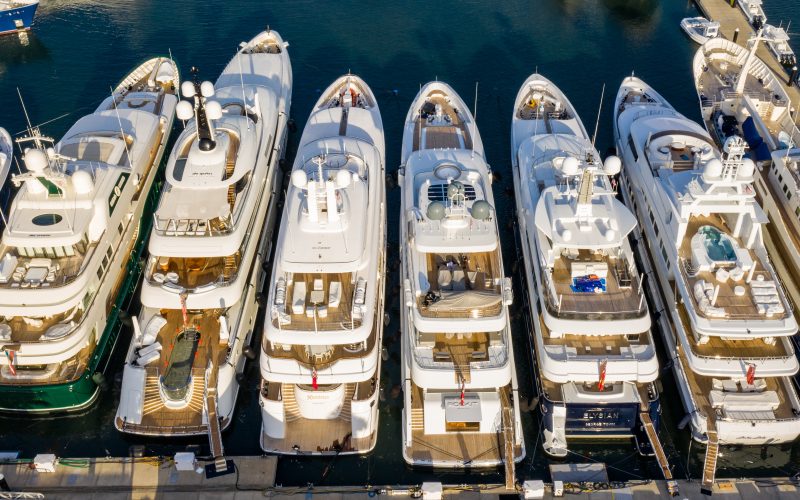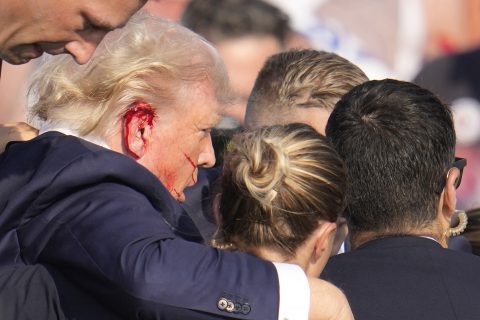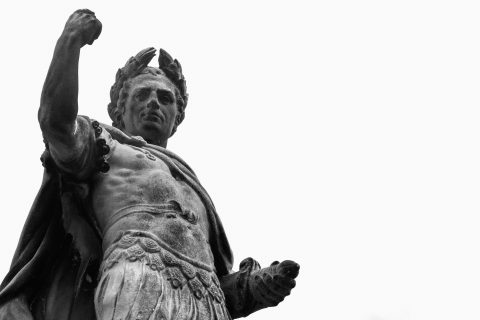What if it were possible to put a cap on capitalism? Christine Emba, staff writer for The Atlantic, joins host Krys Boyd to discuss how extreme wealth buys influence while not necessarily providing innovation, and the idea of “limitarianism,” which allow for great wealth, but not uber wealth. Her article is “What Would Society Look Like if Extreme Wealth Were Impossible?”
Why the existence of ‘one-percenters’ is bad for society
By Shaunessy Renker, Think intern
Americans who are a part of the top 1% in wealth can not only buy yachts and penthouses, but also influence over public policy in government. Critics believe these self-motivated campaigns result in a cycle that only benefits the super-rich at the expense of the rest of Americans while expanding the wealth gap.
Christine Emba, staff writer for The Atlantic, is the author of “What Would Society Look Like if Extreme Wealth Were Impossible?” She explains why it’s bad for societies when a small pool of people have significantly more resources than the majority:
“Extreme wealth and inequality keep the poorest poor and actually begins to expand inequality even further,” she says. “And then the super-rich themselves can just undermine democracy in civil society because they have outsized political influence and financial influence.”
Emba discusses the idea that often extreme wealth is and can be acquired through questionable means, such as exploitative business practices or historically unjust generational wealth. For instance, many of the family fortunes in Europe and America were built through slave labor.
Limitarianism—a term initially coined by Ingrid Robeyns, a Dutch philosopher—is described by Emba as a “philosophy that suggests that there should be a cap to extreme wealth…this basically means that we should create a world in which no one is super rich.”
Robeyns argues in her philosophy that simply put, no one deserves to have that unfathomable amount of money—the idea that we should try to acquire as much as we want is an ideology, not a truth. She also says that people would be better off morally and psychologically without extreme wealth.
Emba says that the effects of extreme wealth on democracy runs deeper than we think, particularly in how campaigns are funded and who gets to run for office.
“A billionaire or a multi-millionaire can certainly just throw cash at the candidates who they want to succeed,” she says. “They can buy ads, they can pay for lobbyists who then influence politicians in office. Ostensibly, there is a one-person-one-vote rule in the United States. But it’s interesting that you will see our elected officials having lunch with billionaires or millionaires as opposed to the ‘average Joe’ on the street.”
Emba says Americans have this idea that the wealthy have done something right that the rest of us haven’t—that they must extremely smart, hard-working, and productive. But she rejects this idealization of the ‘self-made man’ and says much of our wealth is based on luck, for example being born to wealthy parents.
“I think it’s kind of destabilizing to realize just how much of a role luck plays in our success and how much of our wealth isn’t necessarily just earned by ourselves but actually involves the society around us,” says Emba. “Billionaires can’t sustain massive businesses without the societal structures, the government, and the infrastructure.”





